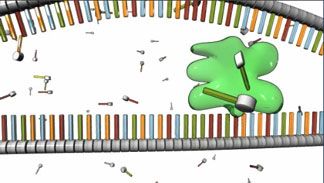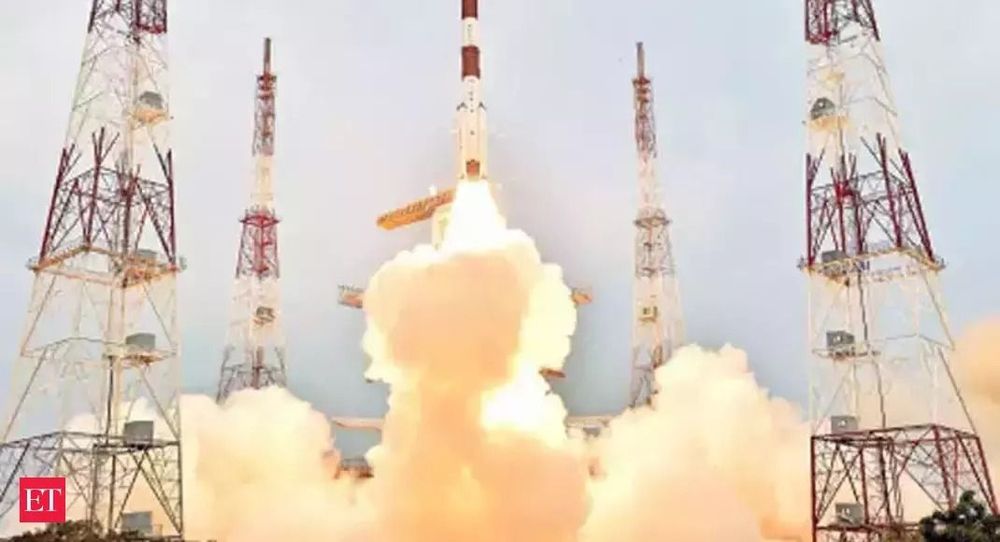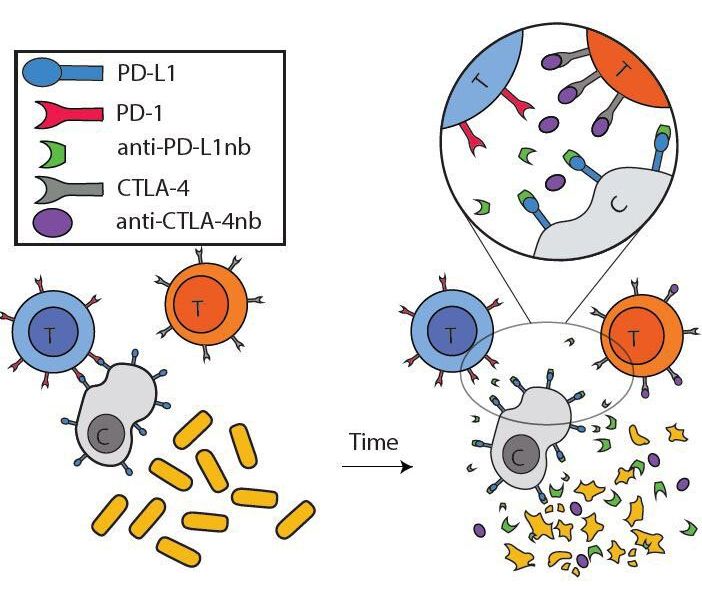Get the latest international news and world events from around the world.


The Information in DNA Is Decoded by Transcription
DNA is essentially a storage molecule. It contains all of the instructions a cell needs to sustain itself. These instructions are found within genes, which are sections of DNA made up of specific sequences of nucleotides. In order to be implemented, the instructions contained within genes must be expressed, or copied into a form that can be used by cells to produce the proteins needed to support life.
The instructions stored within DNA are read and processed by a cell in two steps: transcription and translation. Each of these steps is a separate biochemical process involving multiple molecules. During transcription, a portion of the cell’s DNA serves as a template for creation of an RNA molecule. (RNA, or ribonucleic acid, is chemically similar to DNA, except for three main differences described later on in this concept page.) In some cases, the newly created RNA molecule is itself a finished product, and it serves an important function within the cell. In other cases, the RNA molecule carries messages from the DNA to other parts of the cell for processing. Most often, this information is used to manufacture proteins. The specific type of RNA that carries the information stored in DNA to other areas of the cell is called messenger RNA, or mRNA.
Scientists make major breakthrough in ‘quantum entanglement’ that could change how the internet works
Researchers were able to demonstrate ‘spooky’ process happening at much bigger distances than ever before.


Tabletop storage: Georgia Tech looks to SMASH an exabyte into DNA ‘sugar cube’
Georgia Tech Research Institute (GTRI) is looking into ways to speed up DNA-based cold storage in a $25m Scalable Molecular Archival Software and Hardware (SMASH) project.
DNA is a biopolymer molecule composed from two chains in a double helix formation, and carrying genetic information. The chains are made up from nucleotides containing one of four nucleobases; cytosine ©, guanine (G), adenine (A) and thymine (T). Both chains carry the same data, which is encoded into sequences of the four nucleobases.
GTRI senior research scientist Nicholas Guise said in a quote that DNA storage is “so compact that a practical DNA archive could store an exabyte of data, equivalent to a million terabyte hard drives, in a volume about the size of a sugar cube.”
Samsung Galaxy S20 Ultra 100X Zoom is MIND BLOWING!
Indoor Zoom test. More Last minute leaks, Galaxy S20 Series Trailer with Full Design, Hands on look & More.
★ Samsung Galaxy Buds Plus GIVEAWAY
Source:
https://www.youtube.com/channel/UCoK_ozFR2L4wPmj7x8KwpOg/videos
Samsung Galaxy S20, Galaxy S20 Plus, Galaxy S20 Ultra Top 10 Features. Best New Changes, 120Hz Display, Ultra Bright Night Camera, Snapdragon 865, 100X Zoom & More.
🔔 Please Subscribe for Daily Tech Videos smile
★ INSTAGRAM: http://instagram.com/xeetechcare


Designer probiotic treatment for cancer immunotherapy
Researchers at Columbia Engineering have engineered probiotics to safely deliver immunotherapies within tumors. These include nanobodies against two proven therapeutic targets—PD-L1 and CTLA-4. The drugs are continuously released by bacteria and continue to attack the tumor after just one dose, facilitating an immune response that ultimately results in tumor regression. The versatile probiotic platform can also be used to deliver multiple immunotherapies simultaneously, enabling the release of effective therapeutic combinations within the tumor for more difficult-to-treat cancers like colorectal cancer. The study is published today in Science Translational Medicine.
Antibodies that target immune checkpoints, PD-L1 and CTLA-4, have revolutionized cancer immunotherapy treatments, achieving success in a subset of cancers. However, systemic delivery of these antibodies can also cause substantial side effects with high percentages of patients reporting adverse reactions. Furthermore, although combinations of these therapies are more effective than single therapy regimens, they also produce severe toxicities, sometimes leading to drug discontinuation. The team, led by Tal Danino, assistant professor of biomedical engineering, aimed to address these challenges.
“We wanted to engineer a safe probiotic vehicle capable of delivering immune checkpoint therapies locally to minimize side effects,” says Danino, who is also a member of the Herbert Irving Comprehensive Cancer Center and Data Science Institute. “We also wanted to broaden the versatility of the system by producing a range of immunotherapeutic combinations, including cytokines that could further elicit antitumor immunity, but are otherwise difficult to systemically deliver because of toxicity concerns.”